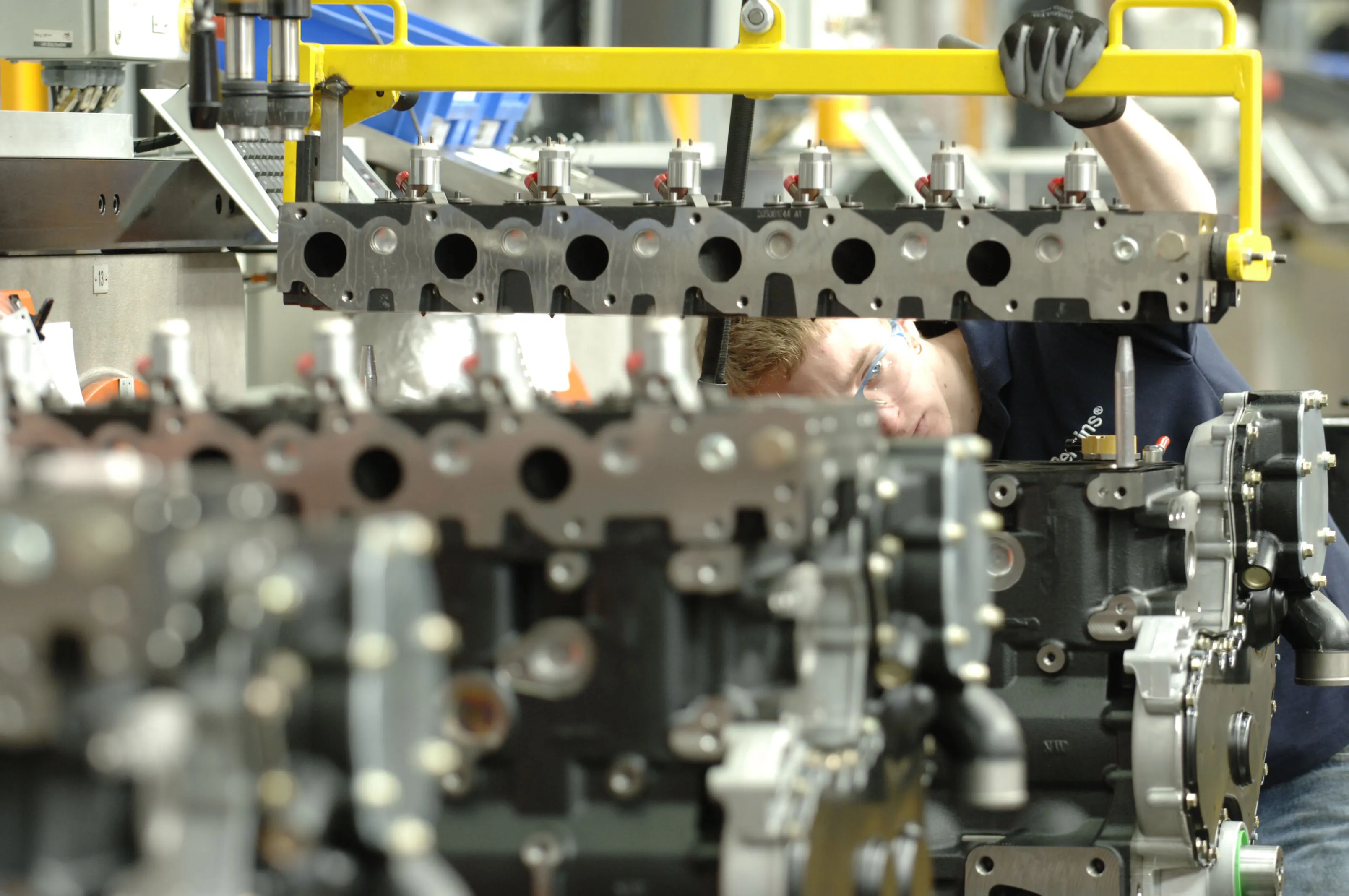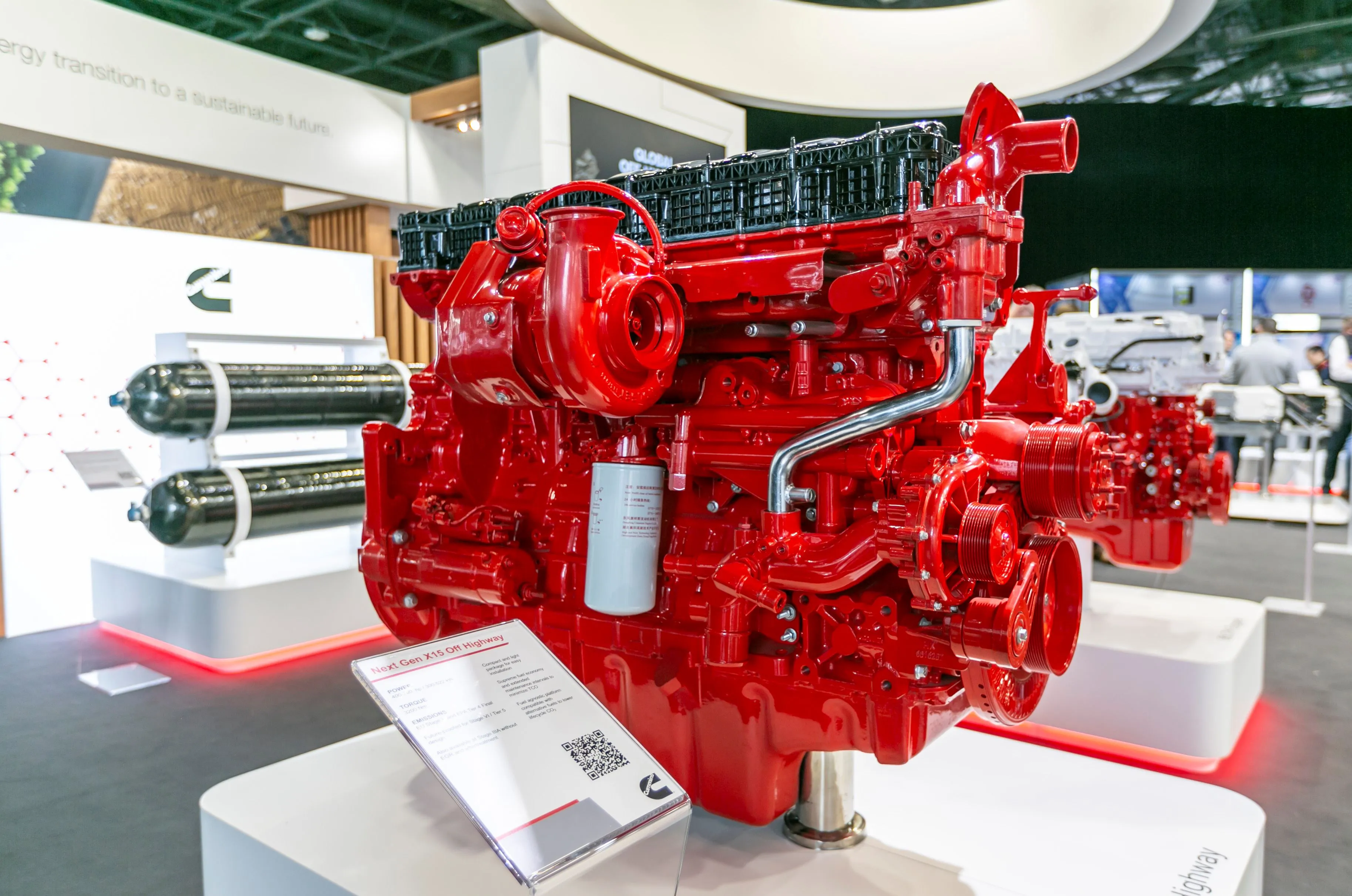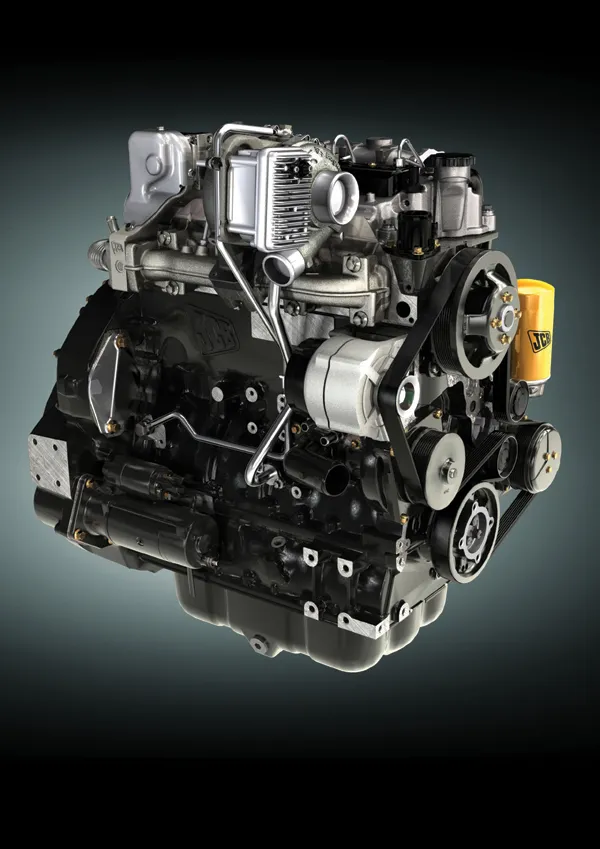The engines will be added to the existing range of Deutz TCD products. The TCD 9.0 four-cylinder engine delivers 300kW and generates 1,700 Nm of torque. The TCD 12.0 and 13.5 are six-cylinder engines producing, respectively, 400kW and 2,500Nm of torque, and 450kW and 2,800 Nm of torque. The biggest engine, the TCD 18.0, delivers 620kW and generates 3,600Nm of torque. These engines are ideally suited to heavy-duty off-highway applications.
Gebhard Schwarz, managing director of Liebherr-Component Technologies, commented: “We are delighted to have further expanded the business relationships between our companies. DEUTZ, with its well-established global distribution network and extensive range of services, will be able to attract new customer groups for our collaboratively produced engines.”
Deutz and Liebherr have been working together for many years. A wide variety of Liebherr machines, such as wheeled and tracked excavators, telehandlers and concrete pumps, are currently powered by DEUTZ TCD 3.6, 4.1 and 6.1 series engines. In addition to the cooperation agreement, it is also envisaged that supplies of engines to Liebherr will be increased.
As Dr Frank Hiller, chairman of the Deutz board of management explained: “The new engines resulting from our collaborative relationship with Liebherr supplement our product range. They allow us to cover additional power output ranges and specific applications. Customers also benefit from our integration skills and our aftersales expertise.”
Deutz and Liebherr strike engine supply agreement
Deutz and Liebherr have agreed a cooperation deal. This collaborative arrangement will provide Deutz the global distribution and service rights for Liebherr diesel engines in various applications and with power outputs from 200 - 620kW. Series production start-up is planned for 2019, in time for the introduction of the new EU Stage V emissions standard.
September 7, 2017
Read time: 2 mins








